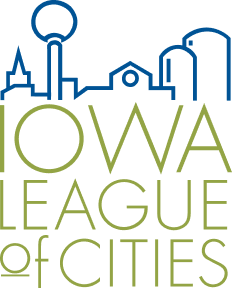| Relevant Downloads and Links | |
|---|---|
| Overtime | LINK |
The Fair Labor Standards Act (FLSA) establishes minimum wage, overtime pay and youth employment standards affecting employees in the private sector and in federal, state and local governments.
FLSA Minimum Wage
The federal minimum wage is $7.25 per hour. Many states also have minimum wage laws. In cases where an employee is subject to both state and federal minimum wage laws, the employee is entitled to the higher minimum wage. At this time the Iowa wage matches the federal wage.
FLSA Overtime
Covered nonexempt employees must receive overtime pay for hours worked over 40 per workweek (any fixed and regularly recurring period of 168 hours — seven consecutive 24-hour periods) at a rate not less than one and one-half times the regular rate of pay. There is no limit on the number of hours employees 16 years or older may work in any workweek. The FLSA does not require overtime pay for work on weekends, holidays, or regular days of rest, unless overtime is worked on such days.
Hours Worked
Hours worked ordinarily includes all the time during which an employee is required to be on the employer’s premises, on duty or at a prescribed workplace.
Special Rules for Public Safety Employees
The FLSA provides two exemptions for qualified public safety employees. The first is the 13(b)(20) Total Overtime Exemption, which exempts public safety employers with fewer than five employees from the FLSA overtime requirements. The second exemption is the 7(k) Partial Overtime Exemption, which allows public safety departments to establish different work periods of 7 to 28 days rather than operate under a seven day workweek standard. This allows more flexibility in scheduling and reduces the potential for overtime.
Recordkeeping
Employers must display an official poster outlining the requirements of the FLSA. Employers must also keep payroll support documents for a period of at least five years. Investigations by the U.S. Department of Labor typically review payroll information going back up to three years; flagrant violations may warrant an examination of older records.
Child Labor
These provisions are designed to protect the educational opportunities of minors and prohibit their employment in jobs and under conditions detrimental to their health or well-being. Different rules exist for different types of occupations and vary depending on the age of the employee. Any position for a youth under the age of 18 should be reviewed in order to maintain compliance with state and federal child labor laws.






